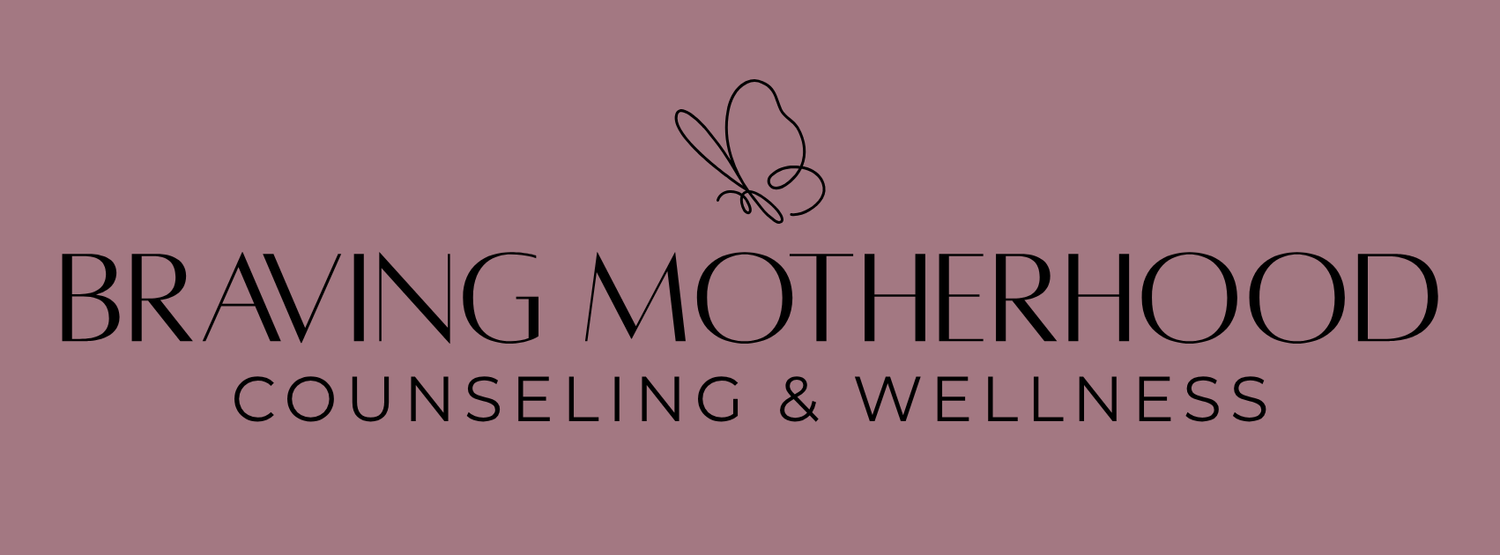When the NICU Changes Everything: Coping with Medical Trauma as a New Parent
Nothing prepares you for hearing the words, “We’re taking your baby to the NICU.”
Maybe you expected it. Maybe it was a shock. Maybe you were only there for a few hours, or maybe it stretched into weeks. However it unfolded, one thing is true for so many parents:
The NICU changes everything.
Understanding Prematurity
Every year, about 1 in 10 babies are born prematurely — before 37 weeks of pregnancy.
Premature birth can happen for many reasons: maternal health conditions, pregnancy complications, multiples, or sometimes no clear explanation at all.
No matter how it happens, it can leave parents feeling unprepared, scared, and unsure of what to expect.
A Different Start
You imagined leaving the hospital with your baby in your arms, maybe in a cute going-home outfit, not attached to monitors or held in gloved hands behind plastic. You imagined those first days filled with quiet bonding—not sterile beeping and medical rounds.
When the start of parenthood doesn’t match what you envisioned, it can bring grief, even if your baby is now healthy. That grief is real, valid, and deserves to be named.
The NICU Experience
For families, the NICU becomes a second home — one filled with gratitude and fear all at once.
You learn new routines: washing your hands again and again, watching the monitor numbers, waiting for updates from nurses and doctors.
You might find yourself holding your breath with every alarm, or celebrating every tiny milestone — a steady heartbeat, a small weight gain, a quiet, restful nap.
It’s okay if you feel both love and heartbreak in the same moment.
You’re not alone in that mix of emotions.
What NICU Trauma Can Look Like
NICU trauma isn’t always loud or dramatic. Often, it’s quiet and invisible. It can live in your body and show up as:
Heightened anxiety and hypervigilance (especially around your baby’s health)
Panic when hearing alarms, even at home
Difficulty sleeping, even when things are “okay”
Guilt—feeling like you couldn’t protect your baby
Numbness, disconnection, or emotional shutdown
Avoidance of hospitals or medical conversations
Feeling out of sync with other parents or family
And maybe the hardest part: Everyone else has moved on, but you haven’t
You’re Not Overreacting—You’re Responding
Your brain and body went through something serious. You were in survival mode. And now, even though your baby might be thriving, you might still feel stuck in the moment your world cracked open.
This is trauma. Not in the dramatized way, but in the real, lived experience of overwhelm, helplessness, and fear.
Healing Is Possible
Therapy can help you:
Process the medical trauma and tell your story in a safe, supported way
Separate past fear from present safety
Understand your emotional triggers and learn grounding strategies
Reconnect with your role as a parent—beyond just “keeping your baby alive”
Honor what you went through, even if others don’t fully understand
With the right support, you can move from surviving to healing. And you don’t have to do it alone.
If You’re Still Carrying the NICU With You
Whether your NICU stay was days or months, whether your baby is healthy or still facing challenges—you matter, too. Your emotional recovery is just as important as your physical one.
At Braving Motherhood, we hold space for these stories—the unspoken, the traumatic, the tender. You’re not being dramatic. You’re being human.
Reach out when you’re ready. Your healing deserves as much care as your baby’s.

